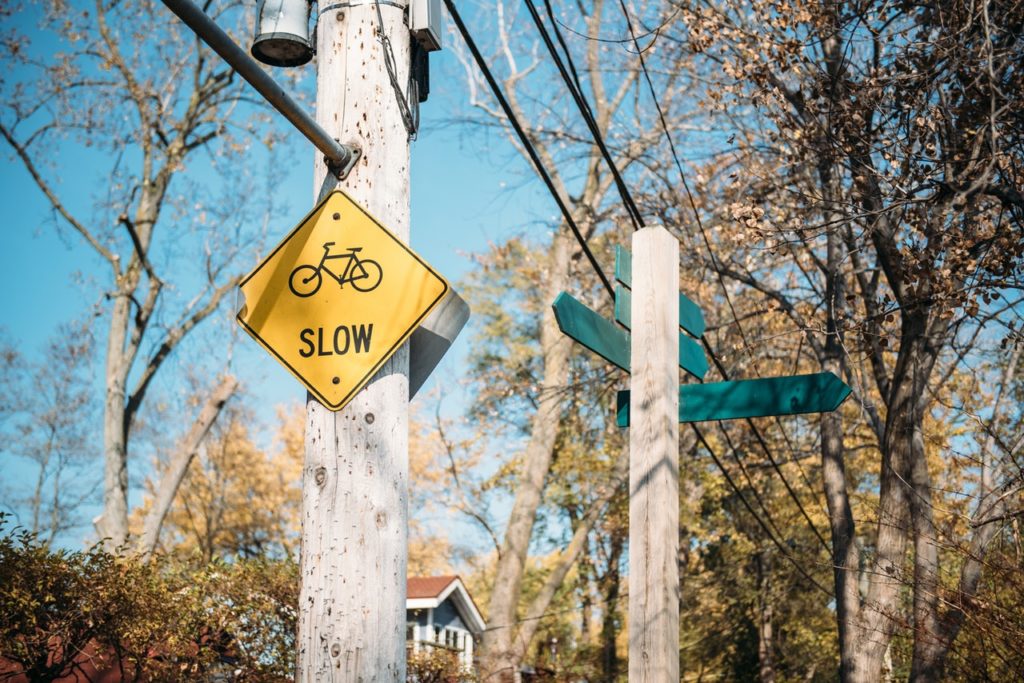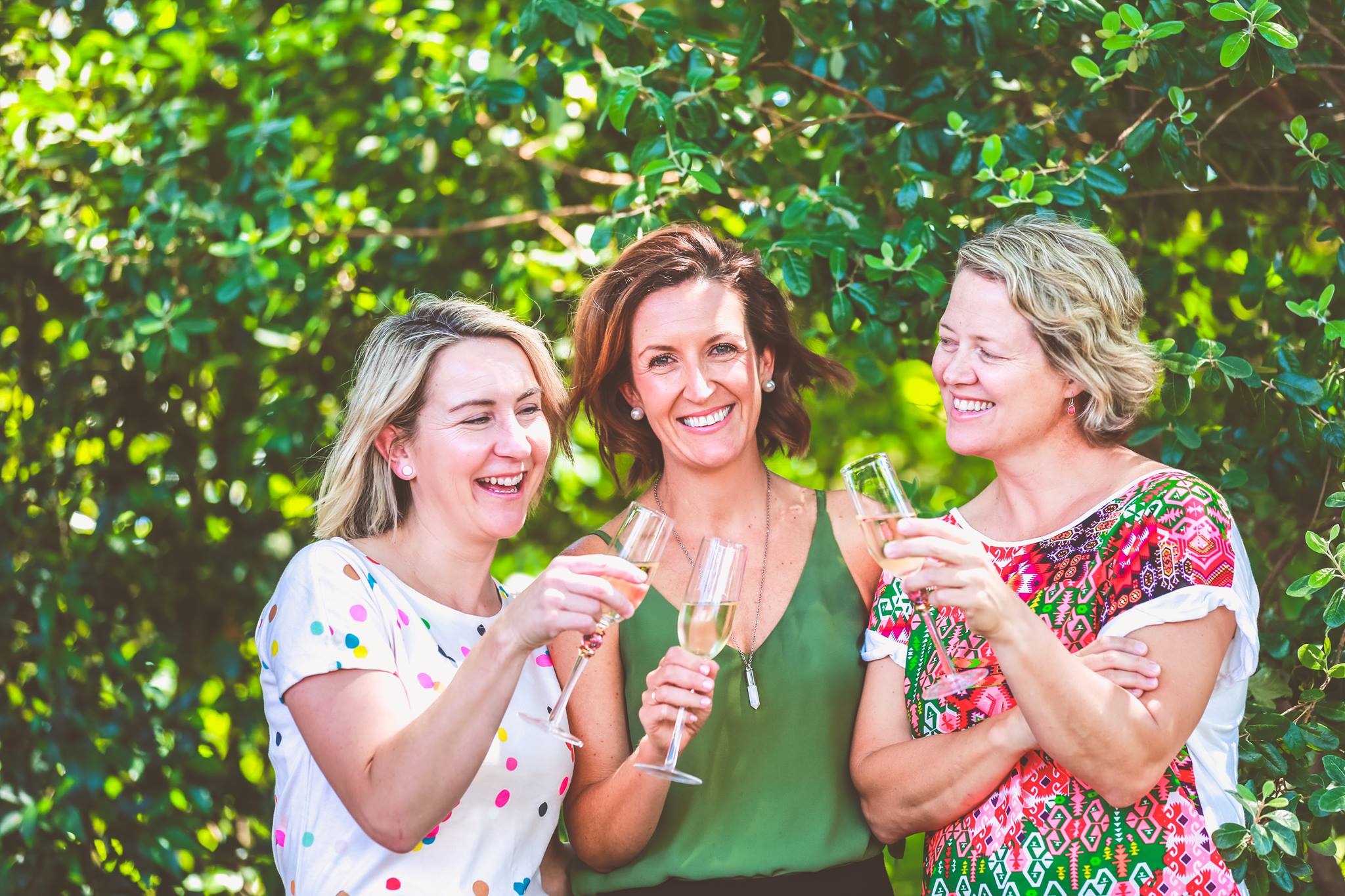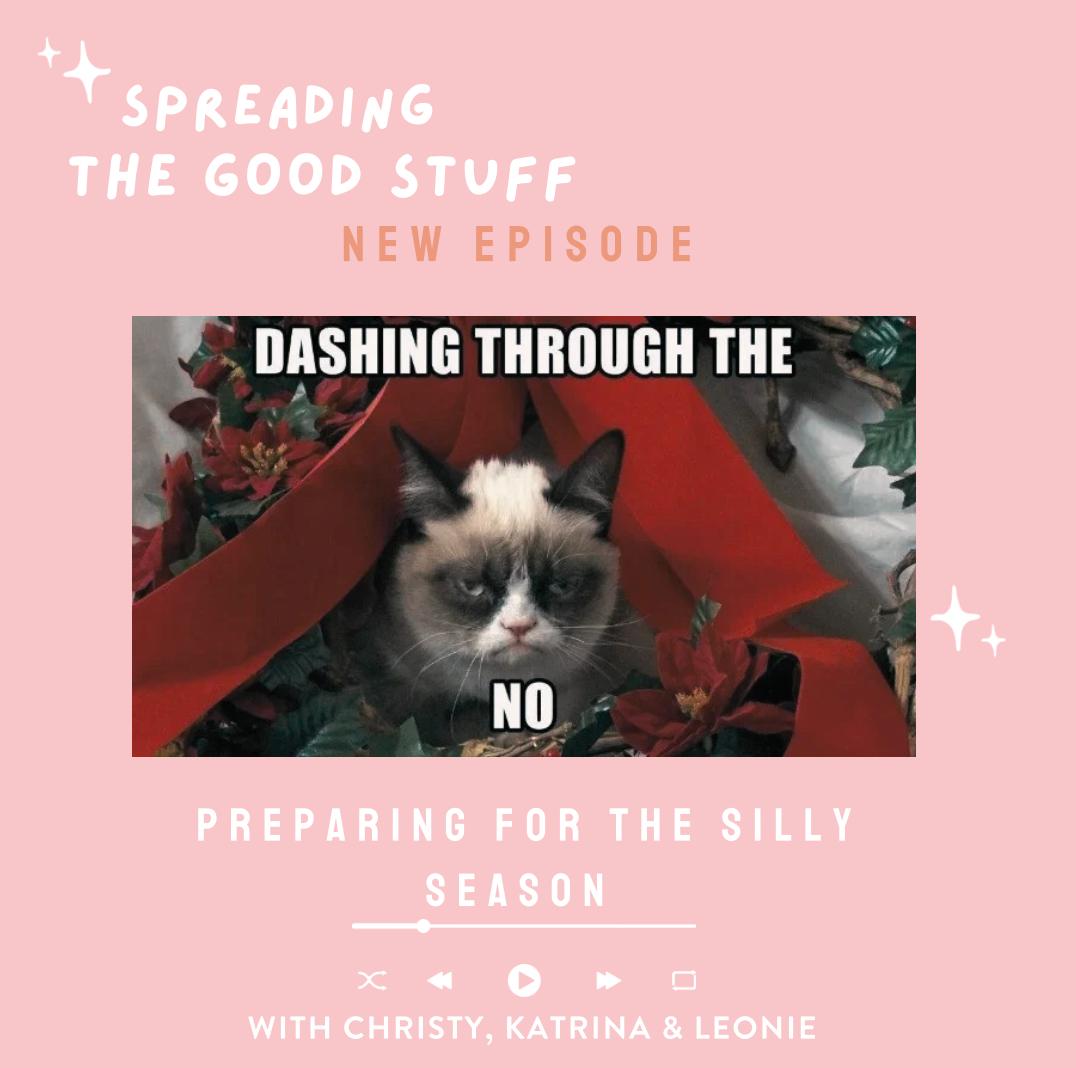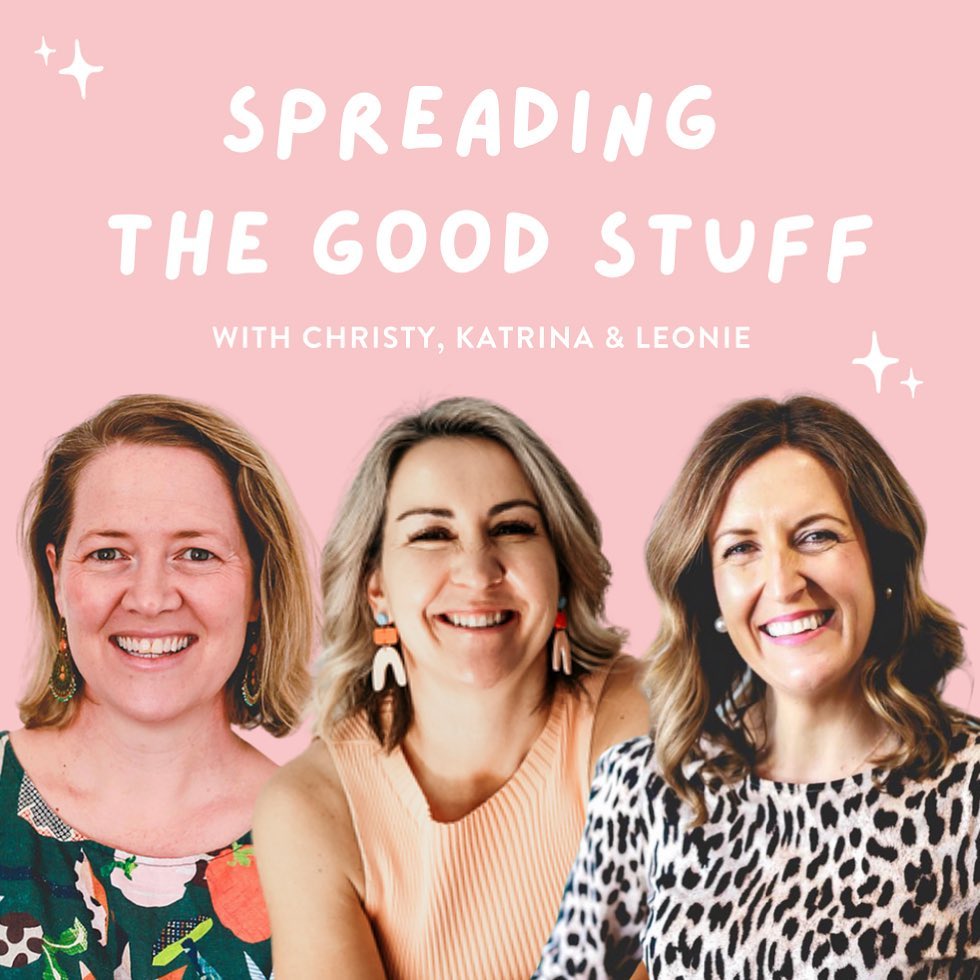If you’re someone who enjoys the simple, yet good things in life, you might be familiar with the term ‘slow cities’.
It’s a relatively new concept here in Australia, but it’s big internationally, and applies to more than 80,000 towns in 100 countries around the world.
Slow cities are towns that encourage diversity, support local culture and traditions, value a sustainable environment, healthy living and locally grown produce.
They have their origins in the Cittaslow movement (translated as ‘slow city’) which started in Italy in 1986, and is embodied by a logo of a snail carrying a modern-day city on its back.
The slow city label, and lifestyle, is not about opposing progress or technology, but about pausing to reflect on what’s special in your community, celebrating the characteristics that make it unique, preserving local traditions, and working together to plan for a sustainable future.
Put simply, slow cities are towns where traditions and conventional ways of doing things are valued, and where people choose consciously to embrace a more mindful and connected way of life.
In case you haven’t noticed, the slow-movement has been infiltrating our pretty little stretch of the Murray here at Echuca Moama for quite some time now.
The Plastic Bag Free Echuca Moama (PBFEM) movement (led by Campaspe Shire Environmental Projects Officer Samantha Ferrier) has gained real traction and enjoyed huge community support for its Boomerang Bags Project.
Our home-grown Flavours of Echuca Moama Festival featuring 100% locally grown, made and produced food and wine, embraces all things ‘slow’ and is a beautiful celebration of the ‘makers’ in our community and our unique way of life.
We have a growing number of ‘slow-focused’ businesses setting up shop in EM specialising in organic foods and products, and more and more existing businesses are changing the way they operate to place a greater emphasis on sustainability. We’ve also seen the establishment of grassroots food cooperatives in recent times, geared towards buying bulk, locally produced organic and natural products to reduce the food miles.
On top of all this, we’ve developed a flourishing reputation as a hot-spot for op shops. So much so, in fact, that Echuca Moama Tourism and Community Living Respite Services have recently developed a new tourism flyer establishing an op shop trail in EM, mapping out each of the stores and what they offer. This sensational initiative celebrates and recognises the positive environmental impacts op shops and reusing pre-loved items has for our community.
All this, we think, leads beautifully in to a broader conversation about the slow movement, and how we could be adding further value to our duo of towns by embracing all that it represents.
And it’s planted a seed that we think needs watering……
Australia has three official slow cities – Katoomba (NSW), Yea (Victoria) and Goolwa (South Australia).
Why not make Echuca Moama the fourth?
We fit the population requirement – towns must have a permanent population under 50,000.
Next we’d need to complete an official accreditation process, including a 50-point checklist relating to environment, infrastructure, quality of urban fabric, local produce and products, hospitality, awareness and education.
It would take some work no doubt, but EM already ticks so many boxes. And just imagine the positive spin-offs for tourism…..
We’re keen to do some more digging around this idea, and to speak with people who could help make it happen. Let us know if you think it has merit – and if you, or someone you know can help!
And in the meantime, if you’d like to learn more about slow living and the slow movement, there’s a stack of information out there on social media, podcasts and websites. We highly recommend you check out the Slow Home Podcast, and Granny Skills as a starting point!
Stay tuned for more slow….
X Lee.



